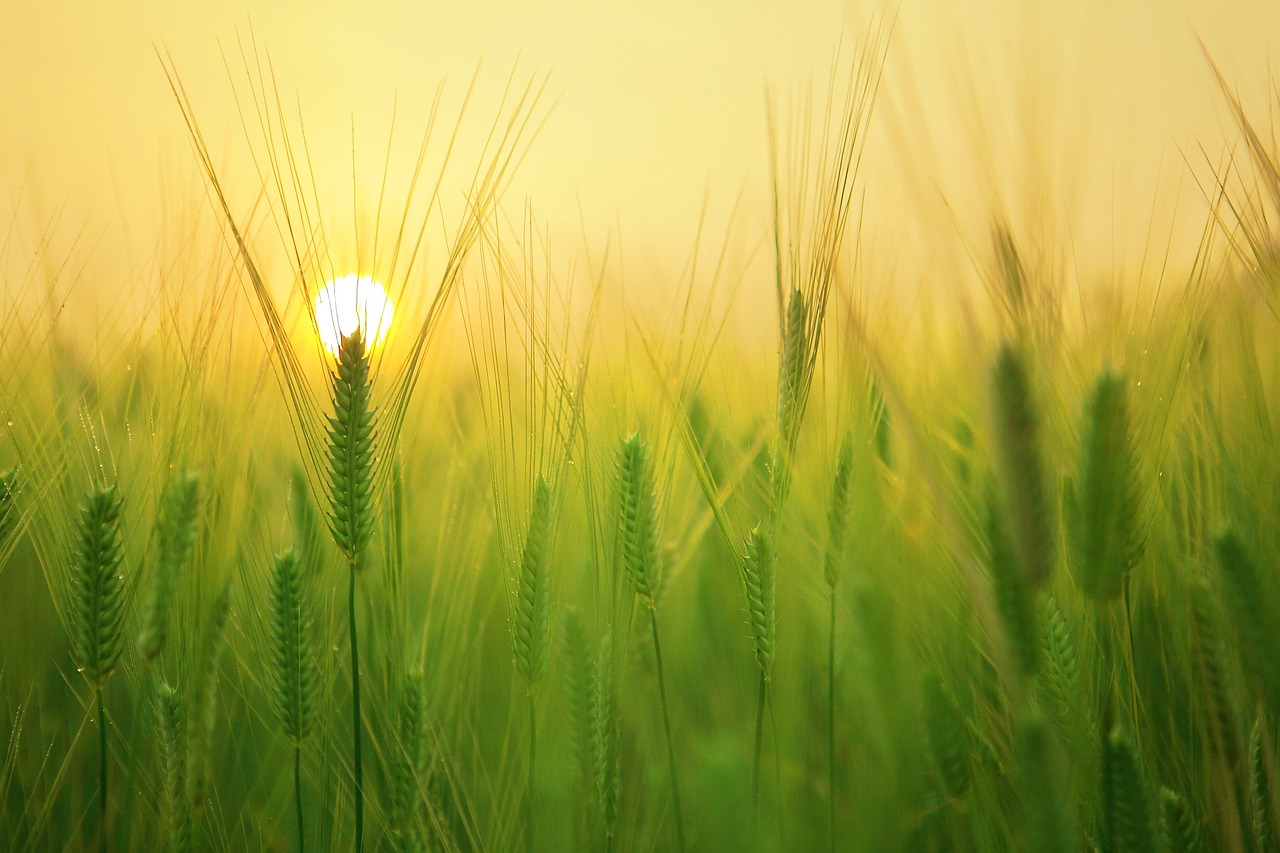
The concept of a circular economy is gaining traction in the agricultural sector of Central Eastern Europe (CEE), marking a significant shift from traditional, linear models of resource use. This approach, focusing on sustainability, revolves around minimising waste and maximising the reuse and recycling of resources. In CEE, where agriculture is a vital part of many economies, the adoption of circular economy principles is increasingly seen as key to enhancing environmental sustainability, economic efficiency, and resilience.
A circular economy in agriculture involves various practices and innovations. One central aspect is the efficient use of agricultural by-products. Instead of treating these by-products as waste, they are recycled and repurposed. For example, crop residues, such as straw and husks, which are typically discarded, can be used for bioenergy production, animal feed, or as natural fertilisers. Countries like Poland and Hungary are exploring biomass energy projects that use agricultural waste to generate power, thus turning a waste product into a valuable energy resource.
Another element of circular agriculture is the practice of nutrient recycling. This involves recovering nutrients from agricultural waste and reintroducing them into the farming cycle. In Czechia, for instance, there are initiatives to process animal manure through anaerobic digestion, producing biogas for energy and digestate, which can be used as a nutrient-rich fertiliser. This approach not only reduces the reliance on synthetic fertilisers but also mitigates the environmental impact of animal waste.
Water management is also crucial in circular agricultural systems. Efficient water use, recycling, and reuse are key to conserving this vital resource. In Romania, where water scarcity can be an issue, efforts are being made to implement more efficient irrigation systems and to treat and reuse agricultural wastewater.
Despite the promise of circular economy principles in agriculture, their implementation in CEE faces several challenges. Changing established farming practices requires not only investment in new technologies but also a shift in mindset among farmers and other stakeholders. There’s also the need for supportive policies and incentives to encourage the adoption of circular practices.
Another challenge is the development of markets for recycled and repurposed agricultural products. Establishing viable supply chains and finding markets for products like bioenergy, recycled nutrients, and other by-products is crucial for the economic viability of circular agriculture.
The adoption of circular economy principles in CEE’s agriculture represents an important step towards more sustainable and efficient farming practices. By minimising waste and maximising the reuse and recycling of agricultural by-products, the region is not only addressing environmental concerns but also enhancing the resilience and sustainability of its agricultural sector. As these practices continue to evolve and gain traction, they are likely to play a significant role in shaping the future of agriculture in Central Eastern Europe.






